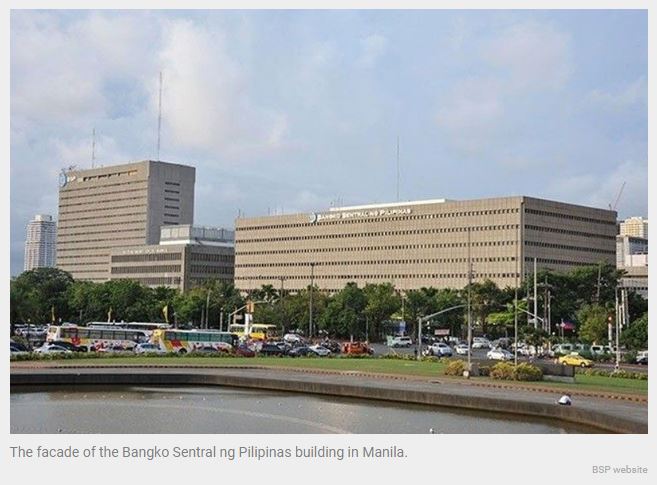Philippines: Gradual rate cuts likely, says BSP
MANILA, Philippines — The Bangko Sentral ng Pilipinas (BSP) is likely to gradually slash interest rates after aggressive rate hikes over the past year to fight inflation and stabilize the peso.
BSP Governor Felipe Medalla told reporters that the Philippines is not likely to mimic the monetary policy actions of other central banks, particularly the US Federal Reserve.
“There are times you may decide not to mimic the policy moves of other countries because you have a different problem. People with different illnesses will take different medicines, or if they have the same illness and one is more serious than the other, they will take higher doses than you,” he said.
Late last year, the BSP matched the aggressive rate hikes delivered by the US Fed point-by-point to maintain a healthy interest rate differential.
Since its interest rate liftoff in May last year, the central bank has so far raised interest rates by 425 basis points, bringing the benchmark rate to a 16-year high of 6.25 percent from an all-time low of two percent.
This helped cool inflation to a six-month low of 7.6 percent in March from 8.6 percent in February. Inflation averaged 8.3 percent in the first quarter, still way above the BSP’s two to four percent target range.
Due to the tightening cycle and the aggressive intervention in the foreign exchange market by the BSP, the peso rebounded strongly back to the 53 to $1 level in February from an all-time low of 59 to $1 in October last year.
After emerging as one of the best performing currencies in the region this year, the peso has weakened back to the 56 to $1 level last week from the end-2022 level of 55.755 to $1 as the US Fed is likely to further raise interest rates.
On the other hand, Medalla said the BSP is likely to pause its tightening cycle as early as next month if the inflation downtrend continues in the coming months.
He said inflation is likely to ease to within the two to four percent target in the fourth quarter and further to the mid-point of the target range next year.
Medalla stressed the importance of balancing the country’s monetary actions with that of other central bank’s particularly the US Fed.
For example, Medalla said a six percent overnight reverse repurchase rate is high if inflation indeed eases to three percent next year and could further put more pressure on the peso.
“If our inflation is three percent, how can you justify an interest rate of six to 6.25 percent? So from that point of view, we should at least not match the Fed. Even if they raise theirs, we may not have to raise ours. Now, will that cause an overly weak peso, maybe not because the markets know we have more than enough reserves,” he said.
If inflation remains very sticky next year, Medalla said the US Fed could gradually cut interest rates.
“It’s very dangerous for the Philippine central bank to cut faster than the US even if its inflation is falling faster,” Medalla warned.
Last Monday, the Cabinet-level Development Budget Coordination Committee (DBCC) raised its average inflation rate assumption to a range of five to seven percent from the previous assumption of 2.5 to 4.5 percent last December, given the persisting high prices of food, energy and transport costs.
Nevertheless, the government, through the Inter-Agency Committee on Inflation and Market Outlook is committed to pursuing an all-of-government approach to continuously implement immediate and medium-term strategies to alleviate inflation, ensure food and energy security, and return to the target range of two to four percent between 2024 and 2028.
Source: https://www.philstar.com/business/2023/04/27/2261862/gradual-rate-cuts-likely-says-bsp


 English
English




